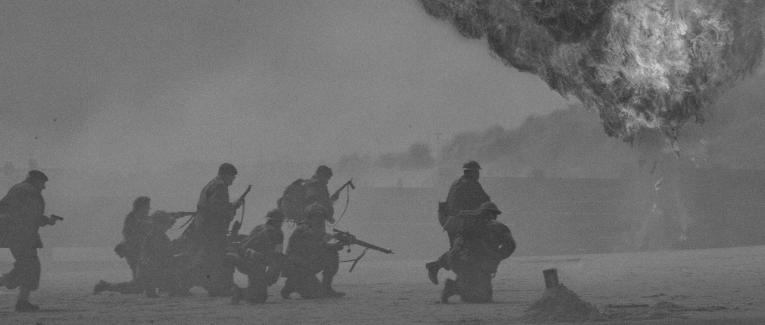
Ethics above Politics
 6 min
6 min
Ethics above Politics
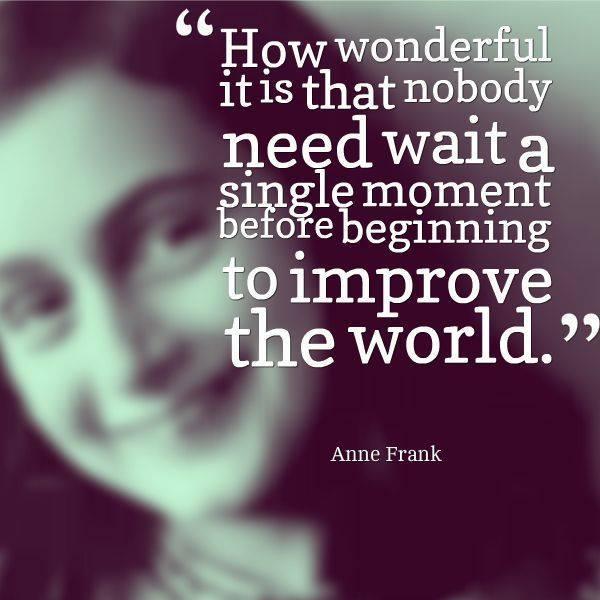
Ethics above Politics
by Claudia Moscovici
Decades later, for some, the Holocaust remains a controversial subject. It still polarizes people into prioritizing national interests over universal moral agreement. Ironically, I think this subject becomes politicized when an essentially ethical question comes up: who bears responsibility for it? This question tends to turn political when important historical figures--leaders of various regimes associated with or supportive of Nazism--become, for some, nationalist symbols. The focus of discussion then changes from a defense of the millions of innocent victims to a defensive nationalist posture. I think that, however complex the political and historical considerations may have been for each country during WWII, it's important to keep in mind that the central issue at stake in the Holocaust is universal not national. The Holocaust represents the worst violation of human dignity and human rights.
This is a central message of The Diary of Anne Frank and one of the main reasons why it remains so popular, for generations, throughout the world. This child, barely an adolescent, reminds us what happens to ordinary human beings when they are subject to extraordinary brutality. She also reminds us that our common humanity is, fundamentally, far more important than our political, ethnic, racial or religious differences. In one of her most poignant diary entries, Anne describes the savage hunt of Jews by the Nazis in Holland, comparing it to the slave hunts:
“Countless friends and acquaintances have gone to a terrible fate. Evening after evening the green and gray army lorries trundle past. The Germans ring at every front door to inquire if there are any Jews living in the house. If there are, then the whole family has to go at once… It seems like the slave hunts of olden times… In the evenings when it’s dark, I often see rows of good, innocent people accompanied by crying children, walking on and on, in charge of a couple of these chaps, bullied and knocked about until they almost drop. No one is spared—old people, babies, expectant mothers, the sick—each and all join in the march of death” (The Diary of Anne Frank, New York: Bantam Books, 1967, pp. 53-54).
It is remarkable, though perhaps not surprising, that the wisdom that injustice is injustice no matter to what social group suffers from it comes from a child of thirteen. In fact, adults were initially blind to Anne Frank’s message, which almost didn’t see the light of day: not even after her family friend, Miep Gies, placed it in a drawer to save it from being confiscated by the Nazis; not even once it reached the hands of her father, Otto Frank, who himself barely made it alive from Auschwitz.
Otto struggled hard to find a publisher that would print his daughter’s diary. As Francine Prose accounts in Anne Frank: the Book, the Life, the Afterlife, “The manuscript was rejected by every editor who read it [in Holland], none of whom could imagine that readers would buy the intimate diary of a teenage girl, dead in the war” (New York: Harper Collins 2009, p 77).
Eventually the diary got published in Holland, largely thanks to the praise given by the journalist Jan Romein. In 1946, Romain wrote a moving review called “A Child’s Voice,” where he stated that he was impressed by Anne’s keen insights into human nature. (77) Even so, the diary’s fate—and success—was far from certain in the U.S. There, as in Europe, publishers initially viewed it with skepticism. As Francine Prose continues to explain, almost every mainstream publishing house rejected Anne’s diary. Editors saw it “as being too narrowly focused, too domestic, too Jewish, too boring, and above all, too likely to remind readers of what they wish to forget” (Anne Frank: the Book, the Life, the Afterlife, p. 80-81). People in both the U.S. and Europe wanted to put the war, and its many horrors, behind them.
Fortunately, two young editors—both female, both in their early twenties—identified with Anne’s words and saved the book from oblivion: Judith Jones, assistant of the director of Doubleday (who would later become a famous editor at Knopf) and Barbara Zimmerman (later Barbara Epstein), who would become the founder of The New York Review of Books. Both of them became so engrossed in Anne’s diary that they couldn’t put it down. Nor could they turn it down. They saw in the words of a young girl a universal cry against injustice and a message of mutual tolerance.
Thanks in large part to the efforts of these two editors, Anne’s diary got the chance to reach tens of millions of readers across the world for generations to come. I hope that her words will continue to touch us today, reminding us that, as far as the Holocaust is concerned, ethics should rise above politics and that the values that unite us as human beings are far more important than the differences that divide us.
Claudia Moscovici, Holocaust Memories
https://rowman.com/ISBN/9780761870920/Holocaust-Memories-A-Survey-of-Holocaust-Memoirs-Histories-Novels-and-Films









 English
English
 Français
Français
 Deutsch
Deutsch
 Italiano
Italiano
 Español
Español



 Contribute
Contribute


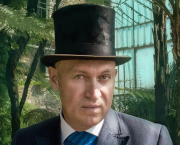
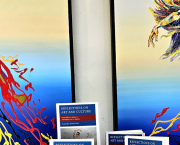
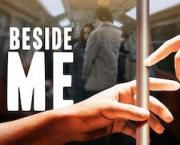
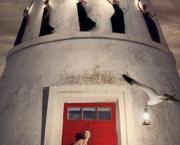
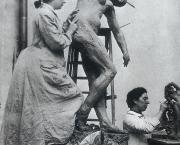
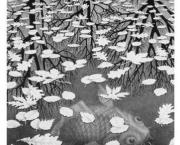

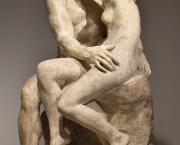


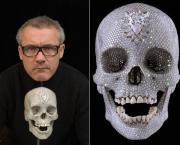
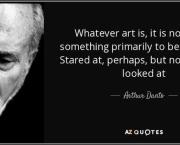

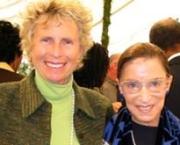


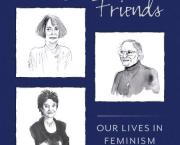



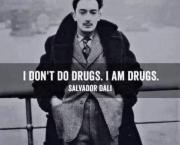


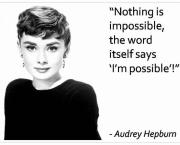
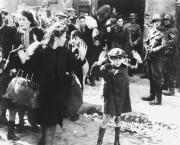

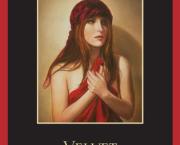
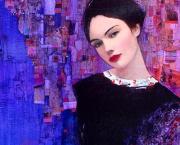



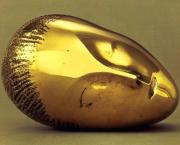
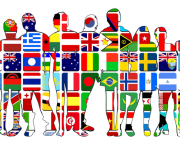
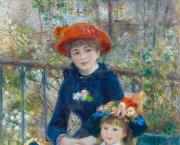


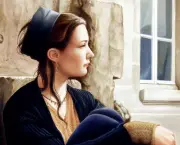
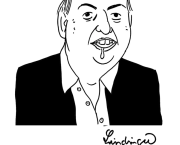
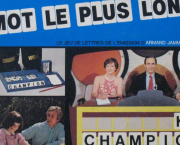
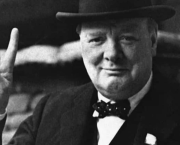
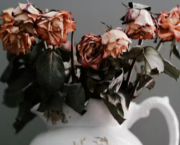

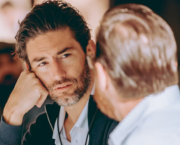
 You can support your favorite writers
You can support your favorite writers





